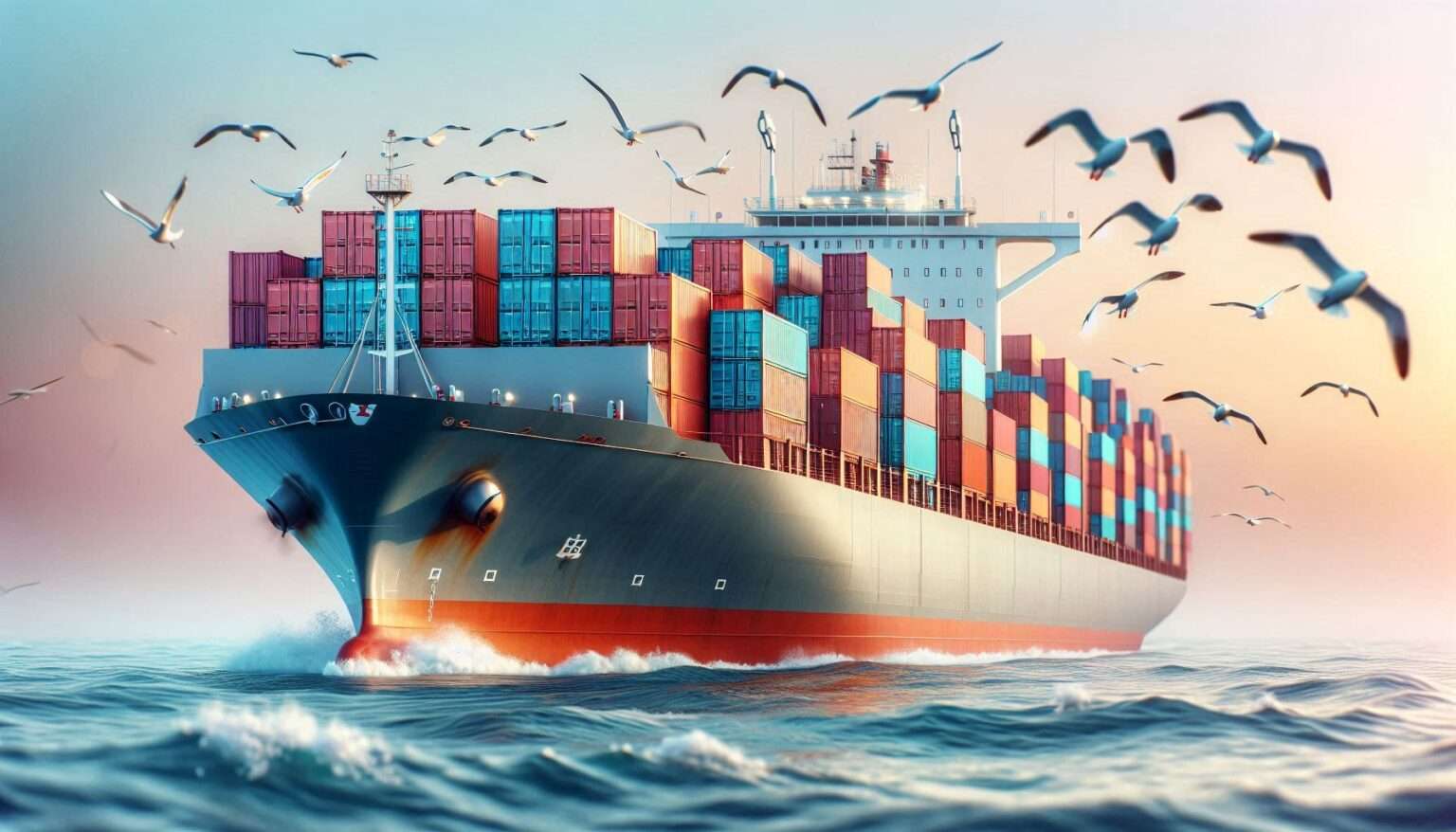Shipping is a crucial component of commerce, often underestimated despite its vital role in daily life. Essentially, shipping involves moving goods and cargo between locations. Though seemingly simple, its complexities are profound, shaping global trade, economics, and environmental sustainability.
Maritime shipping remains essential for transporting bulky, non-urgent goods over long distances economically. Rail and road freight are sought after for their flexibility, cost-efficiency, and ability to handle diverse cargo types reliably, especially for regional and domestic shipments. Additionally, the rise in demand for cold chain logistics to transport perishable goods and pharmaceuticals underscores the preference for ground transportation equipped with temperature-controlled facilities. Moreover, there is a growing emphasis on sustainable practices in logistics, boosting the demand for eco-friendly ground transportation solutions. As industries adapt to increased product returns and specialized cargo needs, ground transport proves vital for managing reverse logistics and providing tailored services.
Why Shipping Matters
Global Trade and Economy: Shipping is integral to international trade, facilitating the exchange of goods between countries and continents. It allows businesses to access markets worldwide, enabling economic growth and development.
Efficiency and Scale: Ships are capable of transporting enormous quantities of goods efficiently. This scale makes shipping particularly cost-effective for bulk commodities like oil, grains, and raw materials.
Supply Chain Connectivity: Shipping connects different parts of the supply chain, linking manufacturers, suppliers, wholesalers, retailers, and ultimately consumers. It ensures products reach their destination in a timely manner, maintaining supply chain efficiency.
Subscribe to the Ex-works24/7 newsletter
Types of Shipping
Container Shipping: This involves packing goods into standardized containers, making it easier to handle and transfer between ships, trucks, and trains. Containerization revolutionized global trade by streamlining logistics.
Bulk Shipping: Bulk carriers transport unpackaged goods such as grains, coal, and ores. These ships are designed to handle large volumes efficiently.
Tanker Shipping: Tankers transport liquids, including crude oil, chemicals, and liquefied natural gas (LNG). Specialized tankers ensure safe transportation of these sensitive cargoes.
What is Shipping challenges
Despite its advantages, shipping faces several challenges:
Environmental Impact: Ships are significant contributors to global emissions. Efforts are ongoing to reduce the environmental footprint of shipping through technology and regulatory measures.
Logistical Complexities: Coordinating multiple modes of transportation and managing complex supply chains requires advanced logistics and planning.
Geopolitical Factors: Political instability, piracy, and regulatory changes can impact shipping routes and operations.
The Future of shipping
Conclusion: Shipping is not just about moving goods; it is about connecting economies, cultures, and people worldwide. Understanding its complexities helps us appreciate its vital role in the global economy and everyday life. So, the next time you receive a package or enjoy imported goods, remember the journey they took to reach you, powered by the intricate world of shipping.
Frequently
Asked Questions
Shipping refers to the process of transporting goods and products from one location to another. This can involve various modes of transport, including land, air, and sea.
There are several types of shipping, including:
- Domestic shipping: Transporting goods within a country.
- International shipping: Moving goods across international borders.
- Freight shipping: Large-scale transport of bulk goods, typically using cargo ships, trucks, or freight trains.
Shipping costs are influenced by factors such as the weight and dimensions of the package, the shipping distance, the shipping method (standard, express, etc.), and any additional services (like insurance or tracking).
While both terms involve the transport of goods, "shipping" is often used for the broader process, including small parcels and consumer goods, whereas "freight" typically refers to larger quantities of goods transported commercially, often in bulk.
Logistics involves planning, executing, and managing the movement of goods. In shipping, logistics encompasses everything from inventory management and order processing to transportation and delivery, ensuring that goods reach their destination efficiently and on time.




